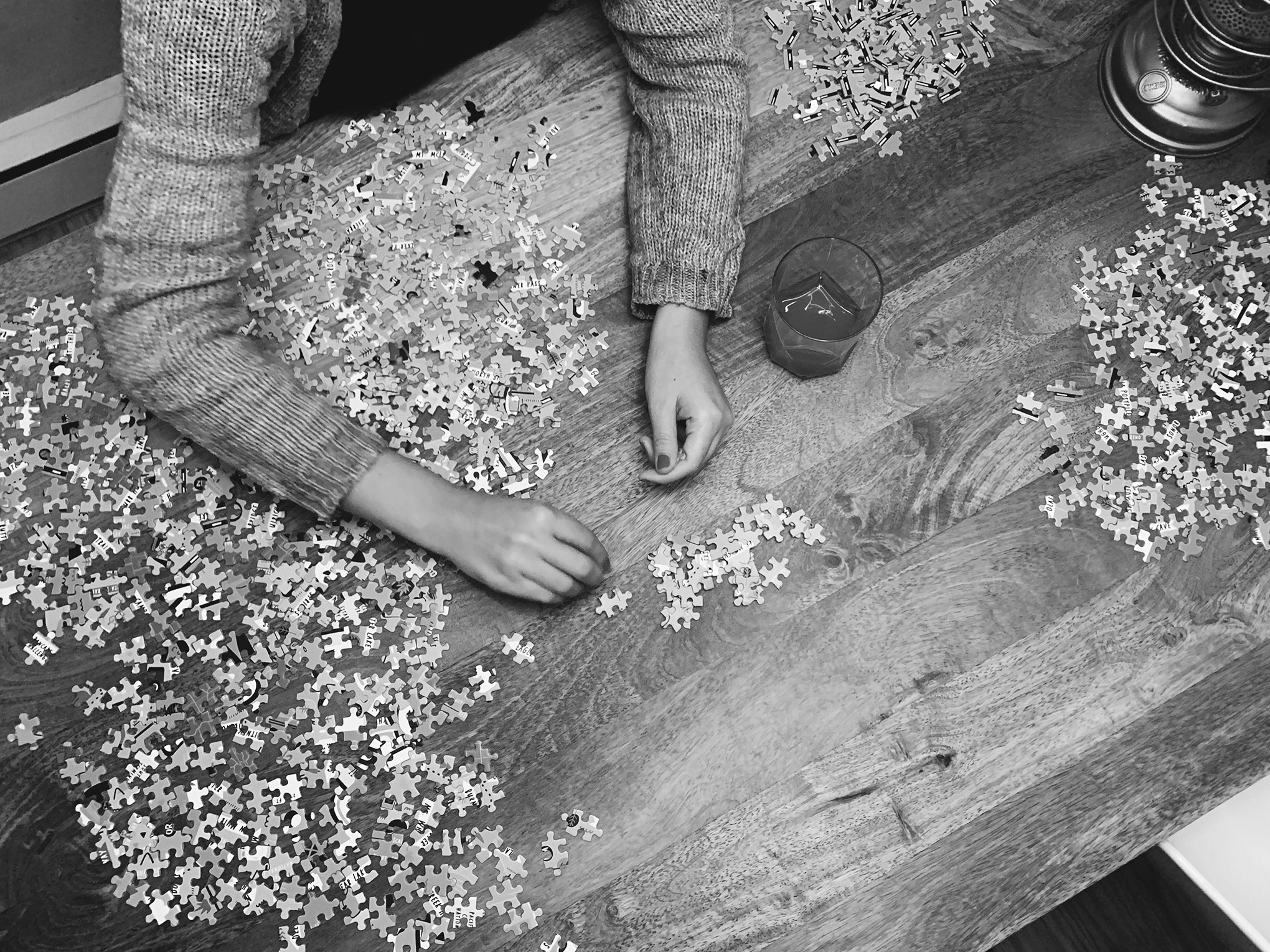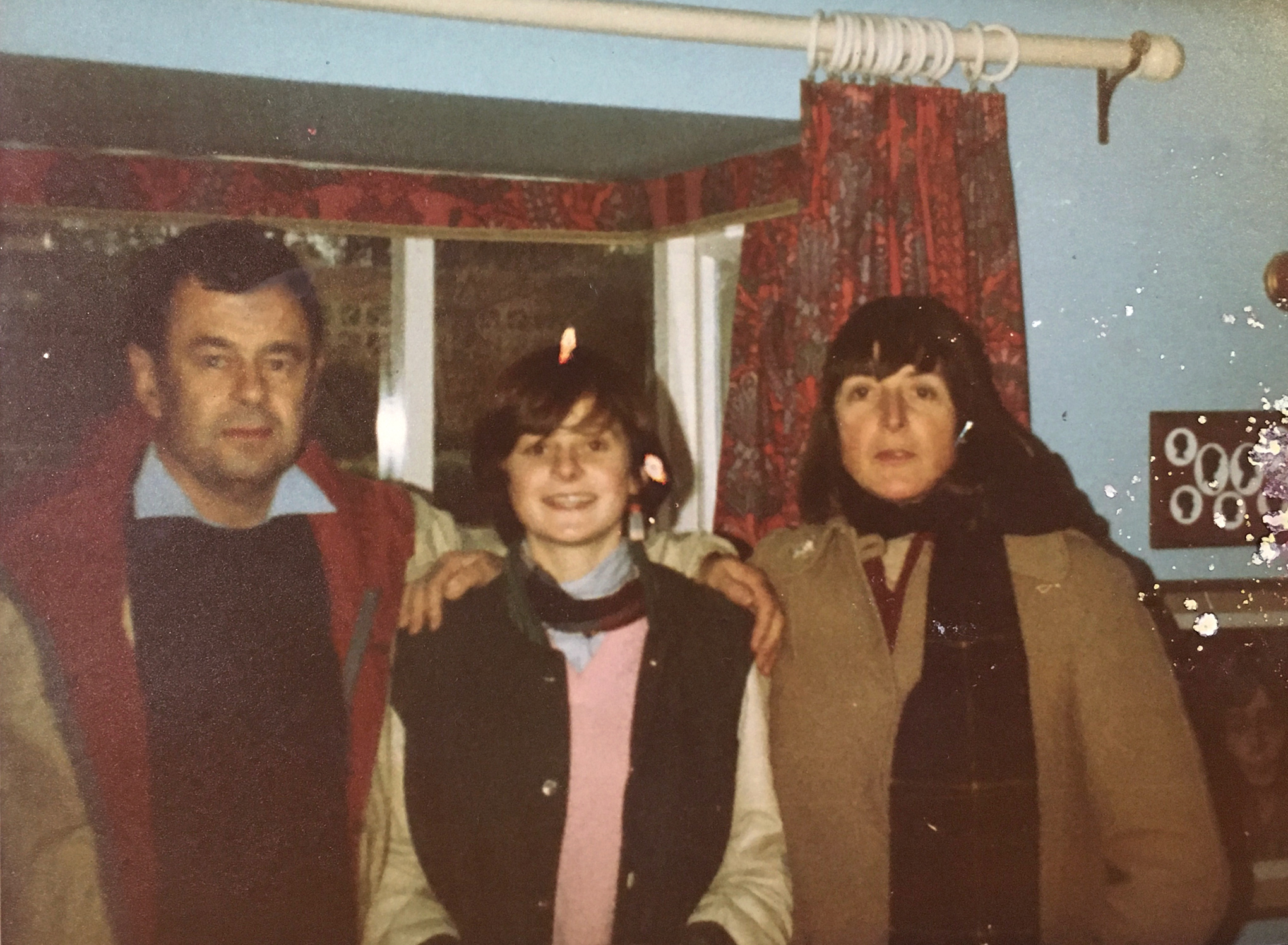
I’m not sure how much grown adults should aim to do for their parents as they get older, but I’m pretty confident that I have undershot. I’m their only daughter, and I’ve lived in the U.S. for about 28 years longer than I said I would. So, during the pandemic, with no office to report to, I moved back into my childhood home, in Australia. While in some ways this return was sparked by concerns for their health, in others it was a literal guilt trip.
One of the things that is shocking about seeing aging parents after a while is that you notice how much of their lives needs fixing. There are all the issues that were beginning to get sticky before the pandemic, plus all the new measures that need to be put in place to keep them safe, plus all the stuff—in some cases piled-up boxes of stuff—that worried you for years but became mission critical after COVID-19 meant they had to stay home for months.
And even worse, they seem so oblivious to it all.
My parents are unpersuaded that they need my help. They will allow that they are a little slower and don’t hear well, but they pride themselves on being remarkably independent and fun-loving 80-somethings. For that which they can’t manage, my younger brother is their stalwart. He drops by their house regularly for a chat, gently decluttering each time, and has found them just the loveliest human to come in and cook and watch out for them. Another brother is an aged-care design expert and keeps an eye on their home. But I am the frog who has just jumped into the pot and noticed the water has gotten quite murky. I am also the visitor on a deadline knowing that if I don’t get improvements done fast, I won’t get them done.

To celebrate my arrival, my mother bought a 1,000-piece jigsaw puzzle of New York City for us to do. “There’s no way I’m getting sucked into that,” I said to myself. “I’ve got too much to do.” Besides, who wants to spend any time searching for an MTA bus that is supposed to be close by if they don’t have to? I planned to be there for six weeks, including two spent in Australia’s strict hotel quarantine. Even after I tacked a few weeks on the end, I heard the clock ticking.
So I bought my mom an updated iPad with more accommodations for her hearing. I got my dad a different phone in order to more effectively shout at him from 10,000 miles away that he’s using it wrong. I helped persuade them to have their skinny, cancer-ravaged dog put down. I cleaned furniture and ovens and countertops. I bought them new clothes, ones I thought fit better. I bought and installed a thingummy to extend the reach of their wi-fi. I went with them to their medical appointments and discovered that my mother is not supposed to be eating sweets or drinking alcohol, which are among her main joys in life, and my father was overdue for a hospital procedure, which is his main nightmare. With a little nudging from me, Dad got a hearing aid—and those stents put in his heart. For the first few weeks, I was a whirlwind of fixing-ness.
My three brothers tolerated my exertions but made it clear they did not wish to be assigned tasks. My parents tolerated my exertions but saw them as unnecessary, perhaps even disruptive. Mom misses her dog so much that it sometimes seemed like she’d rather have her around than me. My dad is soldiering on with the new phone in the way you’d expect of a bloke who grew up in rural Australia without electric light. He found the security questions, for example, a bit of a lift. Me: “What was the name of the street you grew up on, dad?” Him: “Didn’t have a name. Just go with Main Street.” (We didn’t.)
My parents humored my to-do list because it meant I was around the house and I might pause for a bit while downloading Zoom for them so we could meet in real time. There were many mid-chore offers of a cup of tea. And then an hour later, of gin and tonic. They wanted to talk to the human they raised, to hear what she really thinks, to tell her some old stories: life report, not life repair.
The whole time I was there I was aware that eventually, I would have to leave for my other family, and that returning to my parents will be difficult. And that eventually, they will leave the way all humans do, and returning to me will be impossible. The pandemic made the reality of these exits hard to ignore.
Under those circumstances, giving more time to talk and less to tasks makes so much sense, but I still found it exasperatingly difficult. Talking is never done. It’s hard to differentiate from loafing. And because my parents are a little deaf and forgetful, it often seems like you finish a conversation only to have it all over again. It feels like nothing has been achieved. I know you sometimes have to fix things more than once—floors are always getting dirty and wi-fi goes down often—but usually not within the space of 45 minutes.
Of course, I did help with the stupid jigsaw puzzle. It turned out to be the perfect excuse to just plonk down and chat. I thought it would be easy, since after almost 30 years living there, I should know what parts of New York City go where. But it was perplexing and took ages. Sometimes the only way to make sense of a picture, even one you think you know well, is to bring all the little bits near each other and sit with them for a while.
More Must-Reads from TIME
- Cybersecurity Experts Are Sounding the Alarm on DOGE
- Meet the 2025 Women of the Year
- The Harsh Truth About Disability Inclusion
- Why Do More Young Adults Have Cancer?
- Colman Domingo Leads With Radical Love
- How to Get Better at Doing Things Alone
- Michelle Zauner Stares Down the Darkness
Contact us at letters@time.com